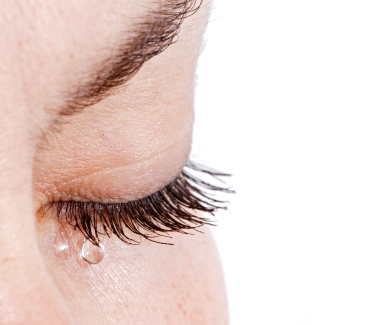Polycystic Ovarian Syndrome
PCOS is formerly known as Stein-Levanthal syndrome. Approximately 5 – 10% women of child bearing age have PCOS. Women with this condition, have a higher level of male hormones and insulin circulating in their body. Due to this hormonal imbalance, it may affect the women’s menstrual cycle, ovulation, fertility, glucose metabolism, cholesterol level and appearance. Unfortunately, the actual cause of PCOS is still unknown. There may be an underlying genetic factor.
- Infrequent, irregular menses which could be heavy. Sometimes, there are no menses at all. This is due to prolonged lack of ovulation.
- Overweight.
- Problems with ovulation which may cause infertility.
- Type II Diabetes.
- High cholesterol.
- Oily skin and acne.
- Excessive hair growth (hirsutism) which is similar to the male distribution pattern.
- Depression or mood swings.
- Irregular or absent menses.
- Blood investigation and / or clinical symptoms showing imbalanced hormones where there is an increased level of male hormones.
- Polycystic ovaries on the ultrasound.
- Diabetes in about 10 – 20% of women with PCOS. The risk is increased if you are obese, have a family history of diabetes, above the age of 40 years old or had diabetes during pregnancy (gestational diabetes)
- High cholesterol
- High blood pressure which is related to insulin resistance and being overweight.
- Heart disease especially if you have high blood pressure and diabetes. However, if you do not have high blood pressure or diabetes, there is no clear evidence that you will develop heart disease just because you have PCOS.
- Cancer of the womb (endometrial cancer) especially in women who have infrequent or no menses at all. PCOS does not increase your risk of developing breast, ovarian and cervical cancer.
- Sleeping problems i.e sleep apnoea which could lead to sleepiness and tiredness.
- Depression and mood swings.
- In general, practicing a healthy lifestyle great improves the symptoms associated with PCOS. In addition, it reduces the long-term health risks. This includes maintaining an optimal weight, healthy eating, exercise and cessation of alcohol and smoking.
- Combined oral contraceptive pill could regulate menses, making it lighter and less painful. In addition, it improves the skin condition and reduces hair growth.
- Diabetes medication e.g Metformin (insulin-sensitizing drug). In some women with PCOS, they have a resistance to the hormone insulin. This hormone regulates the glucose metabolism in your body. Metformin could reduce the insulin resistance and reduced its level therefore counteracting some the effects of PCOS. It will not cause you to have diabetes. However, more studies are needed to validate the actual role of metformin in PCOS treatment.
- Fertility medications to induce ovulation.
- Surgery i.e laparoscopic ovarian drilling. This is usually not the first line fertility treatment for PCOS women. It is usually reserved for those with resistance to ovulation induction medication. In this key-hole surgery, small tiny holes are made in the ovaries which will reduce the level of male hormones and hopefully improve ovulation. However, it will not help with the skin condition or excessive hair growth.








